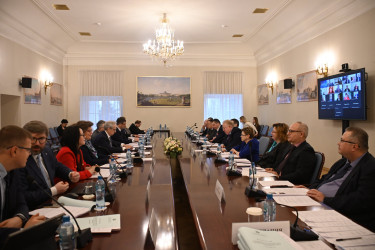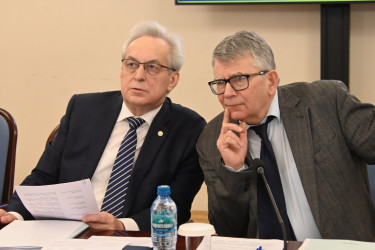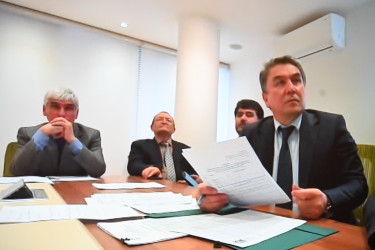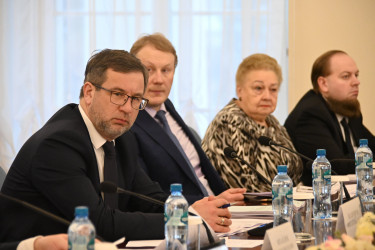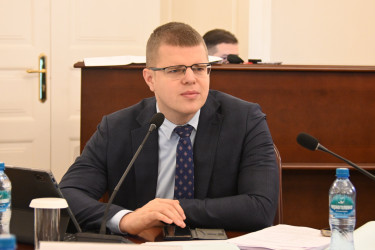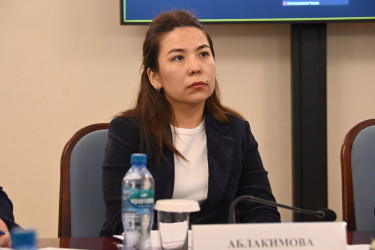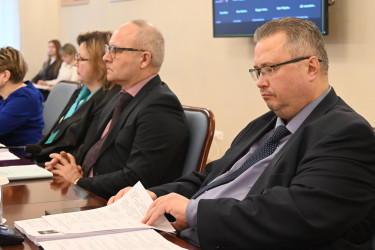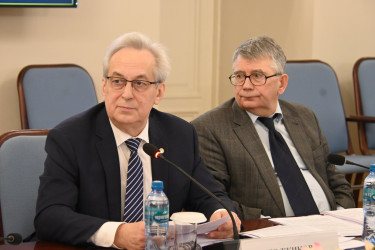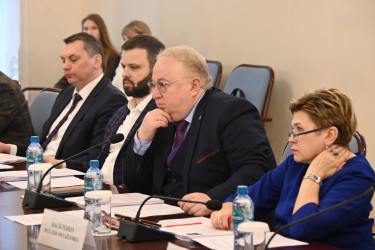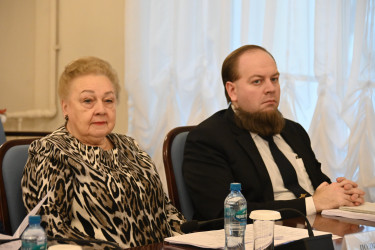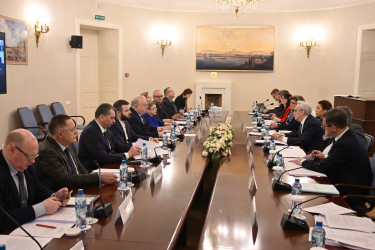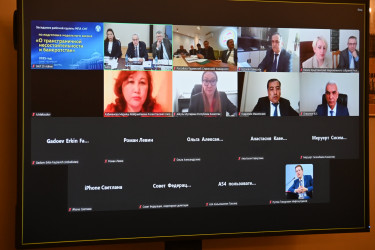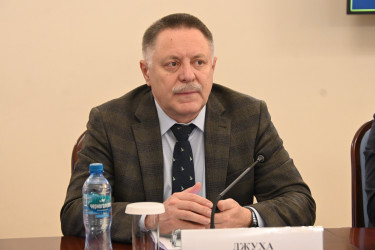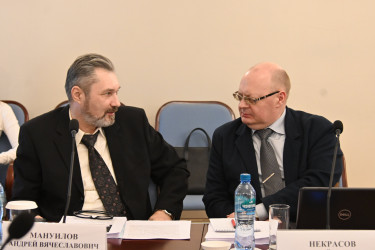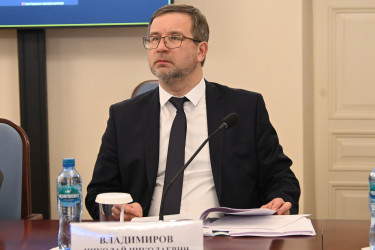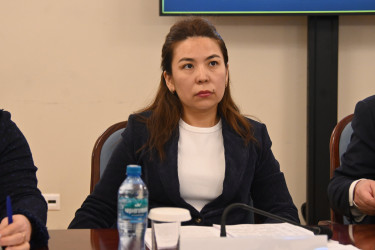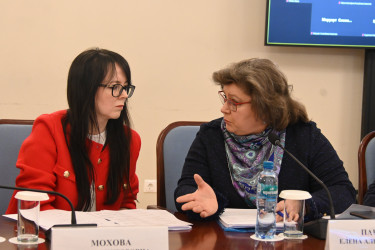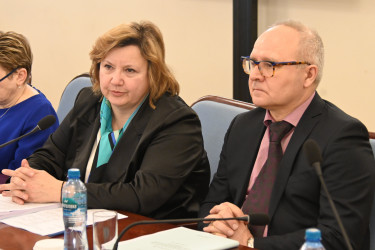IPA CIS Prepares Model Law on Cross-Border Insolvency and Bankruptcy
06 March 2025
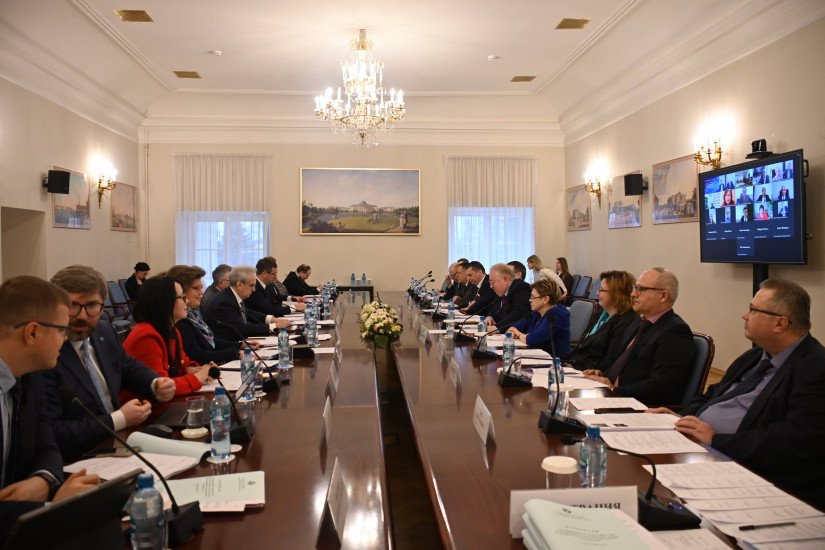
The Tavricheskiy Palace hosted the first meeting of the working group for the preparation of the draft Model Law on Cross-Border Insolvency and Bankruptcy.
The event was attended by parliamentarians from CIS countries, experts, representatives of the academia and professional associations.
Rector of the Russian-Tajik (Slavic) University Mashrab Faizullo was appointed head of the working group.
The moderator was Deputy Head of the IPA CIS Council Secretariat Alexey Dolzhikov.
An insolvency practitioner and member of the Council of the Self-Regulatory Organization of Insolvency Practitioners “Delo” Elena Pavlova presented the results of the analysis of the national legislation of the CIS countries in terms of cross-border insolvency.
Deputy Head of the Department of Legal Regulation of Business, Faculty of Law, National Research University Higher School of Economics Elena Mokhova spoke about the draft concept of the Model Law on Cross-Border Insolvency and Bankruptcy.
Given the dynamic development of trade turnover between the CIS countries, significant legal contradictions arise. The purpose of developing the law is to create a single recommendation document to regulate international bankruptcies.
This is necessary when a debtor is linked to several countries, for example, is registered in one country but does business in another, its assets are located in different countries, as well as when creditors and debtor have different citizenship.
In addition, the concepts of “insolvency” and “bankruptcy” are not synonymous and require a different approach. When drafting a Model Law, it is also necessary to take into account aspects of digitalisation.
Systemic regulation of this area is important for the CIS economies, business protection and prevention of asset withdrawal by unscrupulous debtors. However, there is no unified legislation on such issues in the CIS. Some countries have separate norms or court practice, but there are still unresolved problems: the competence of courts is not defined, the procedure for recognising foreign court decisions is not regulated, the consequences of recognising foreign bankruptcy and the powers of foreign receivers are not specified.
The creation of a Model Law will help resolve these issues and increase the efficiency of economic cooperation between CIS countries.
The work on the document will be continued taking into account the comments and remarks made at the meeting.


